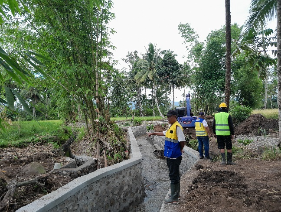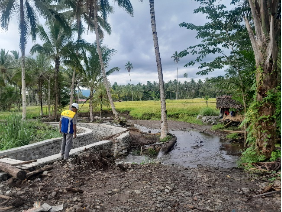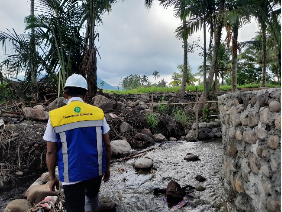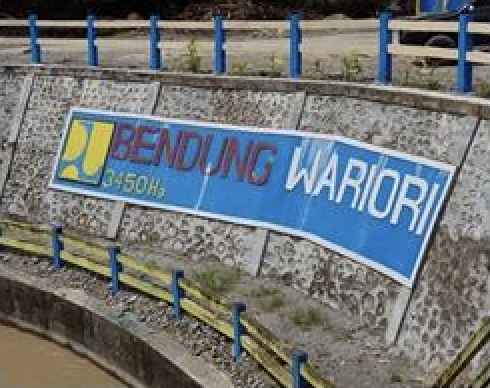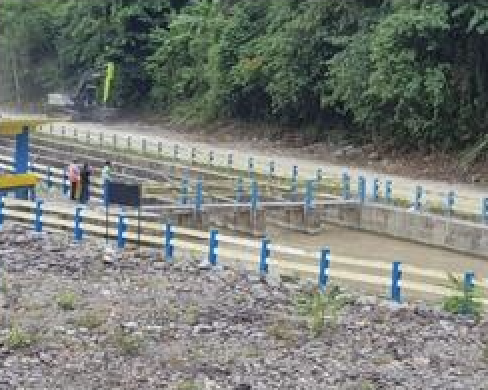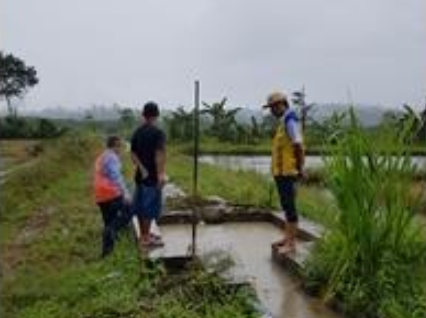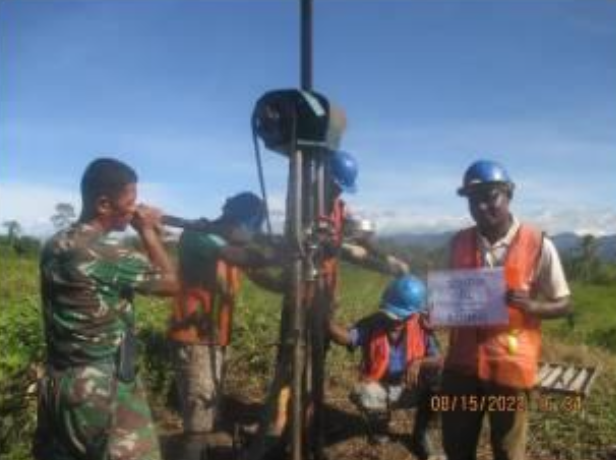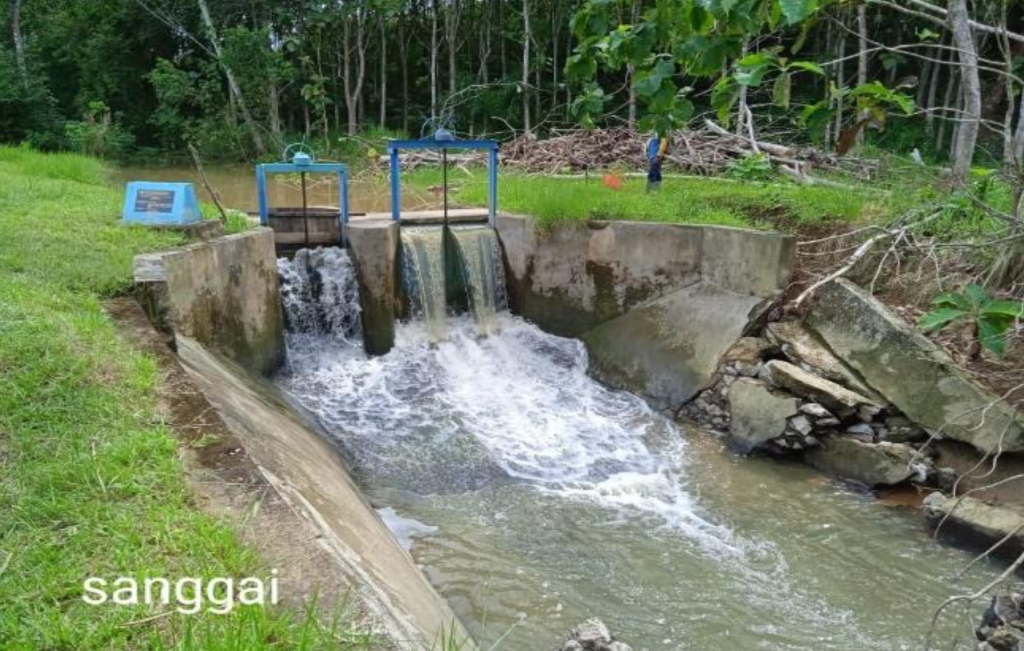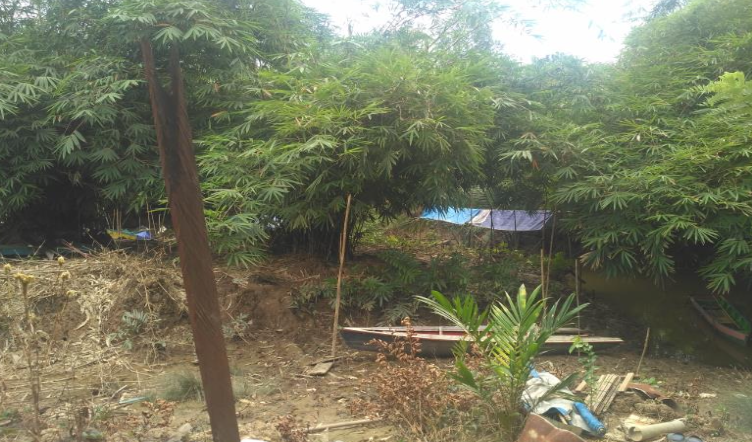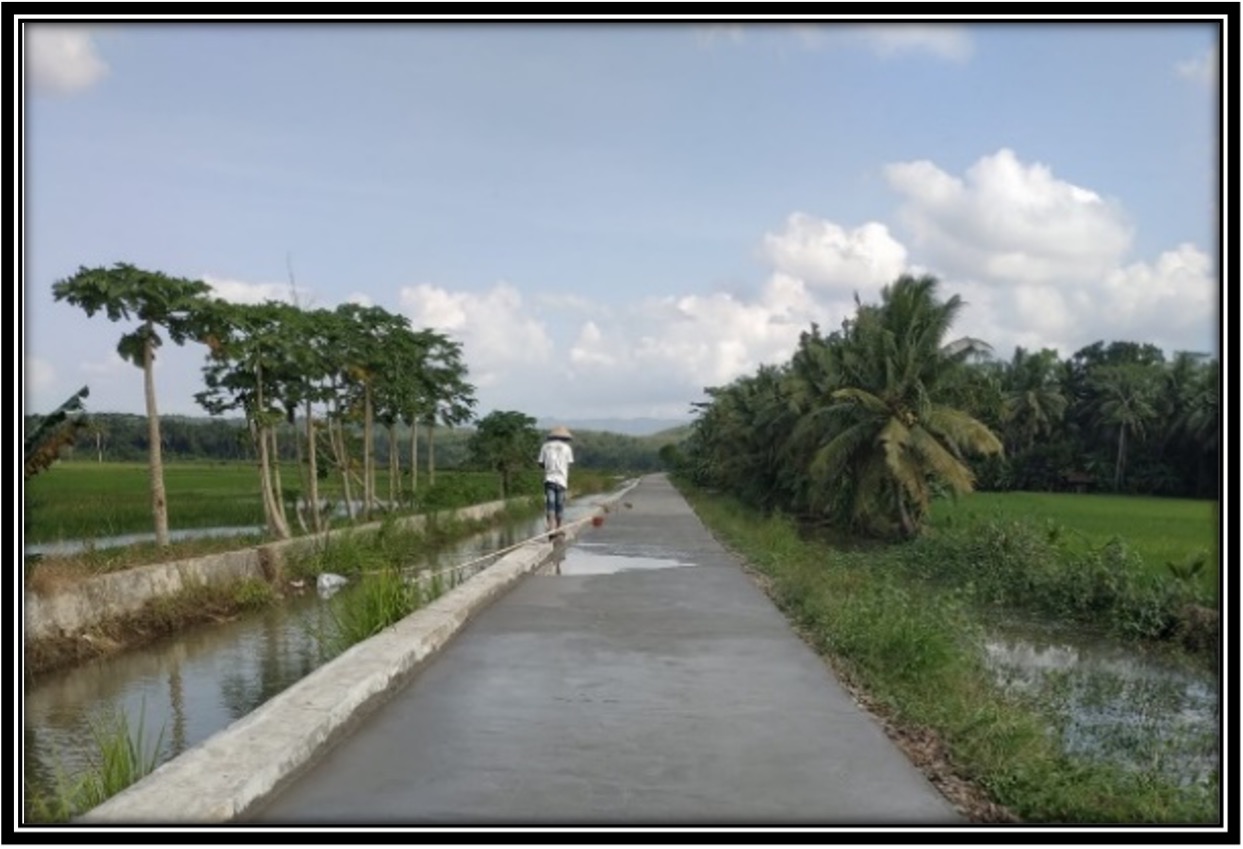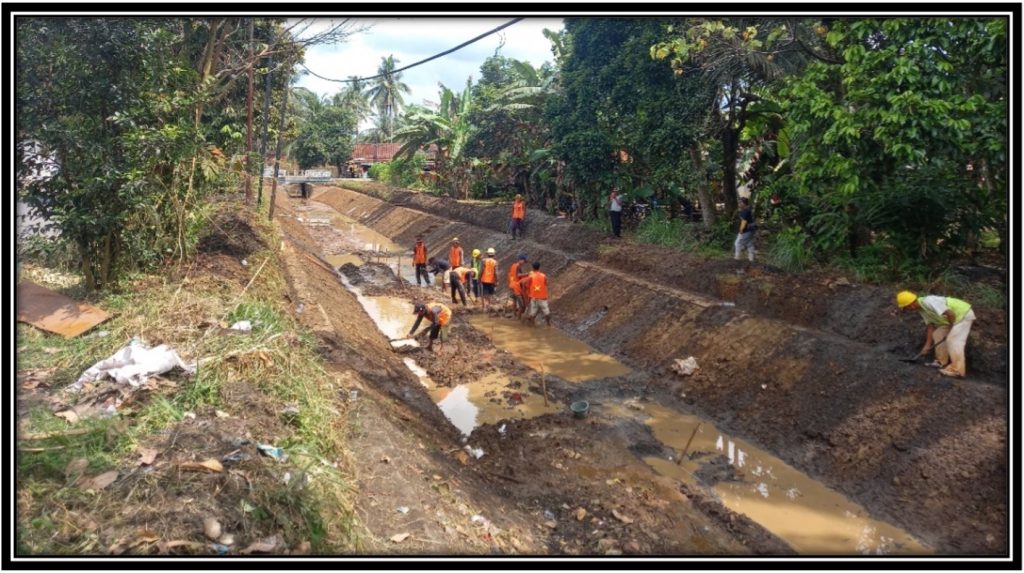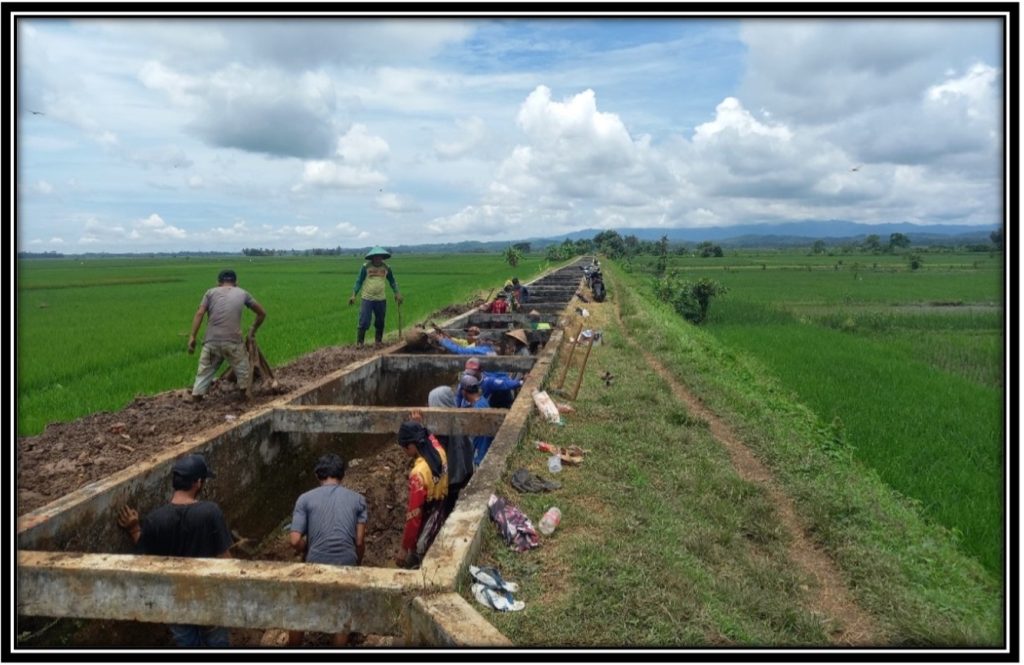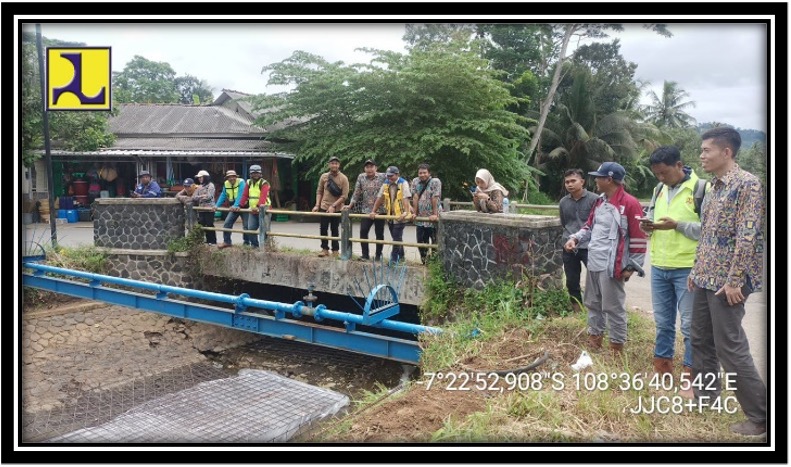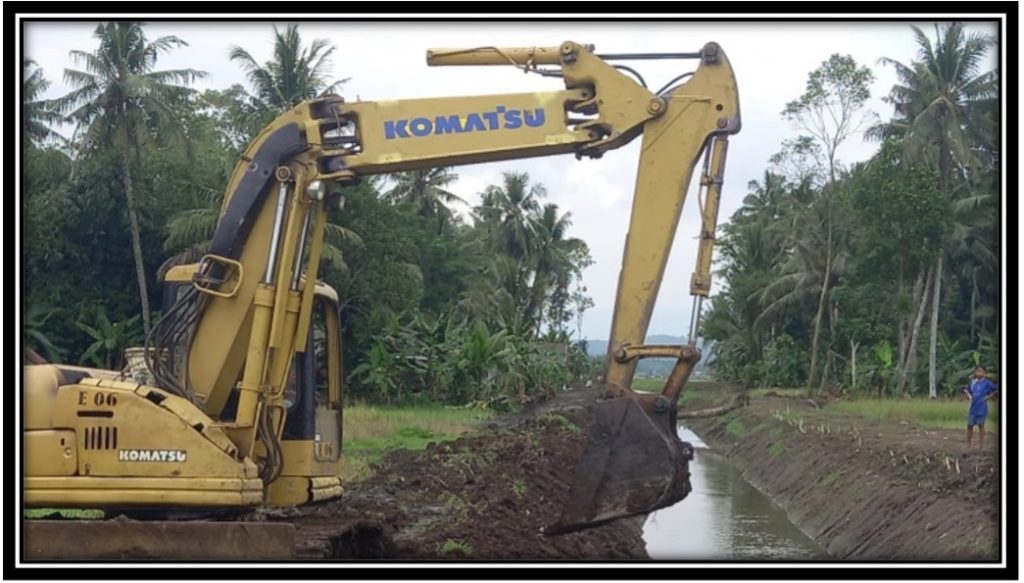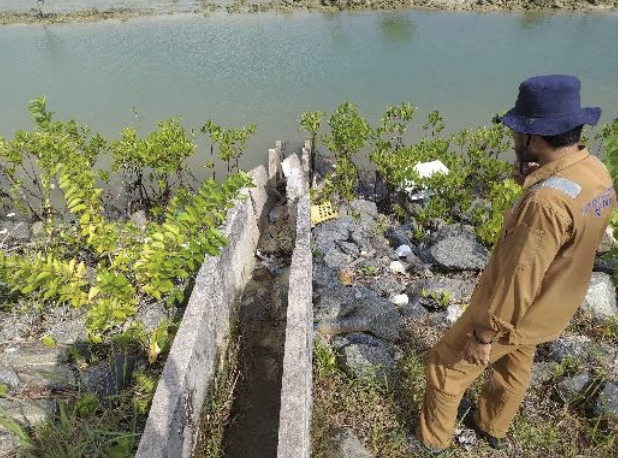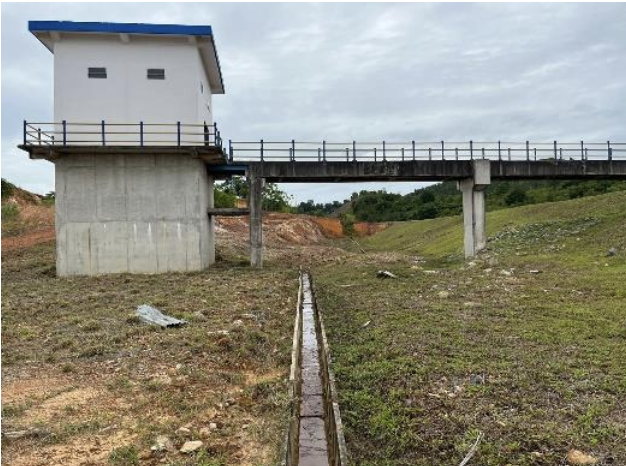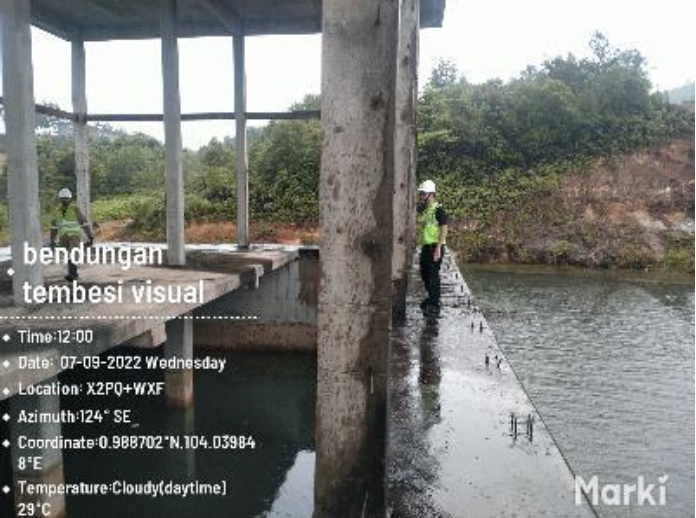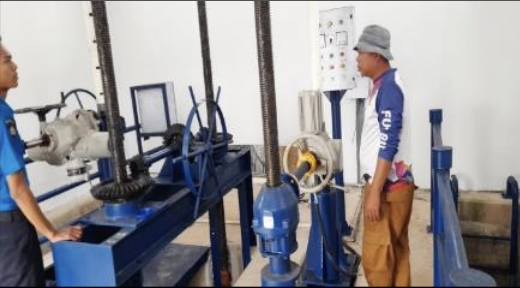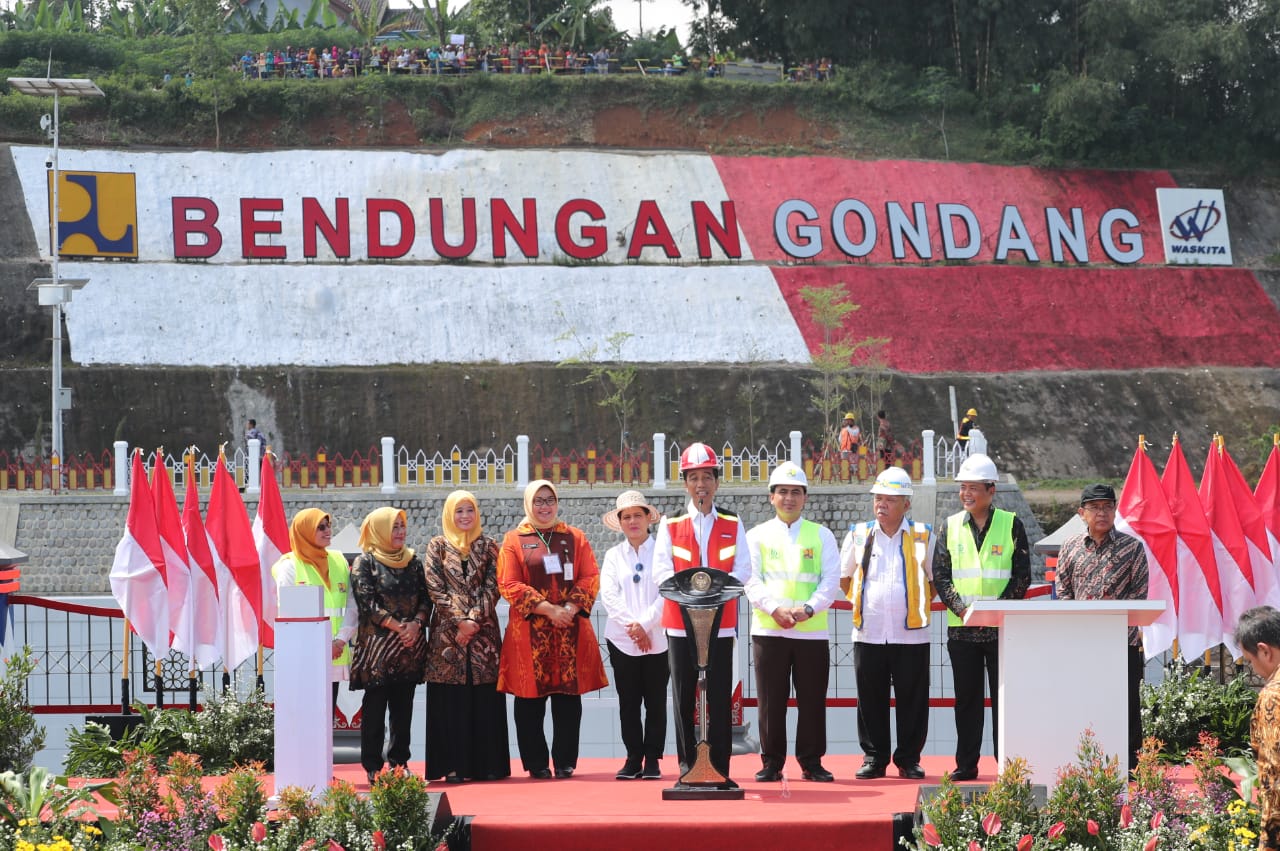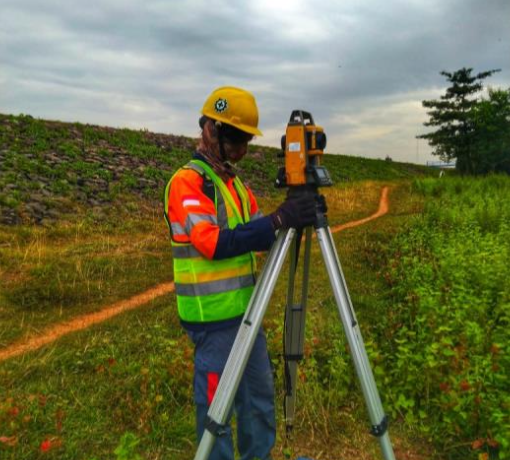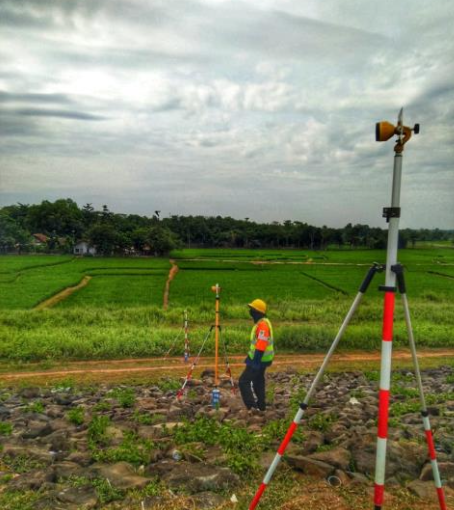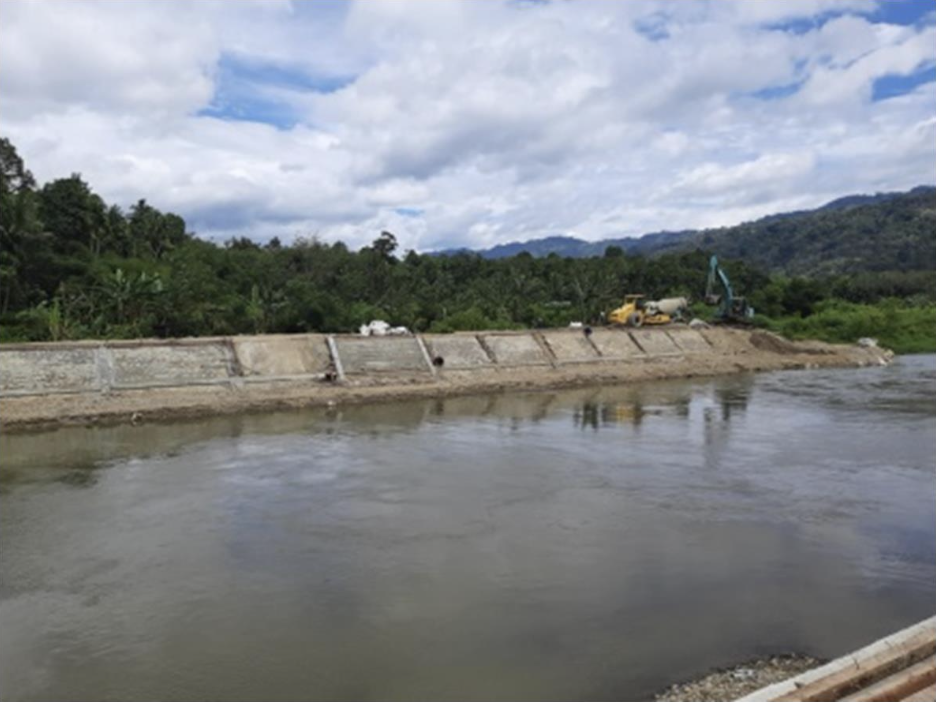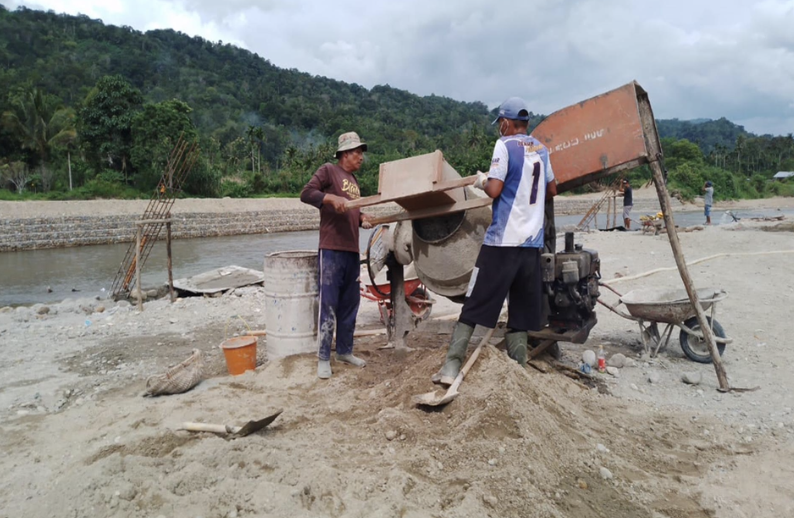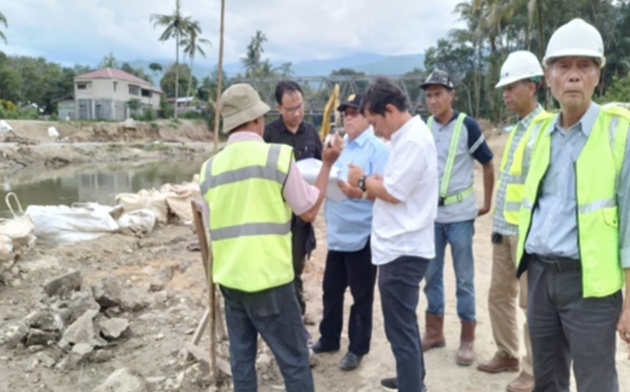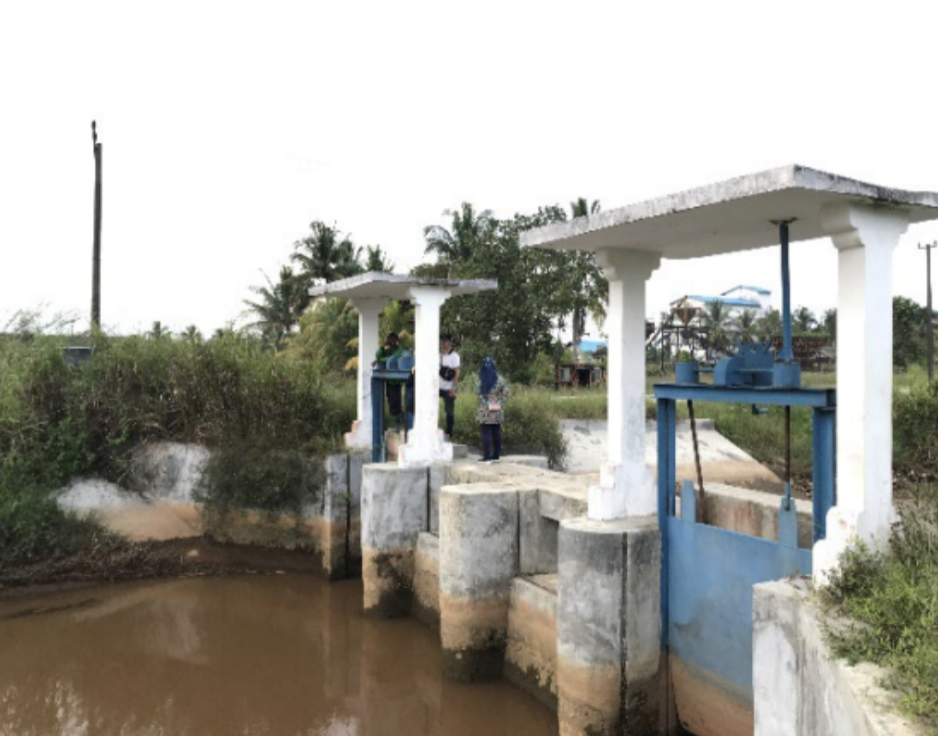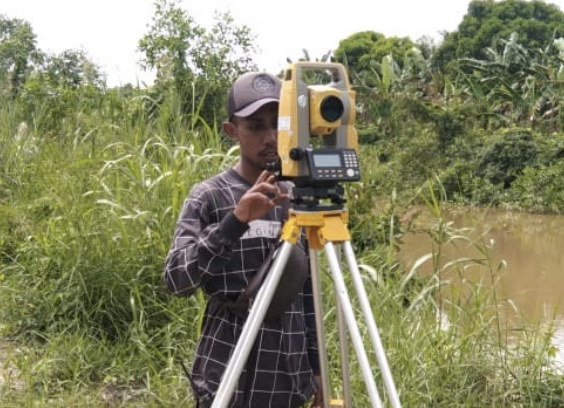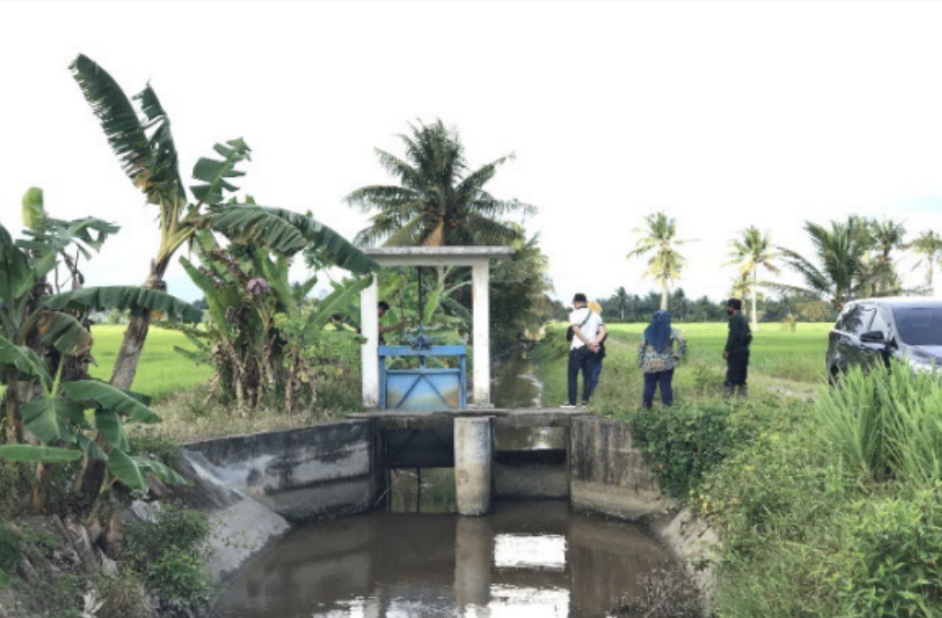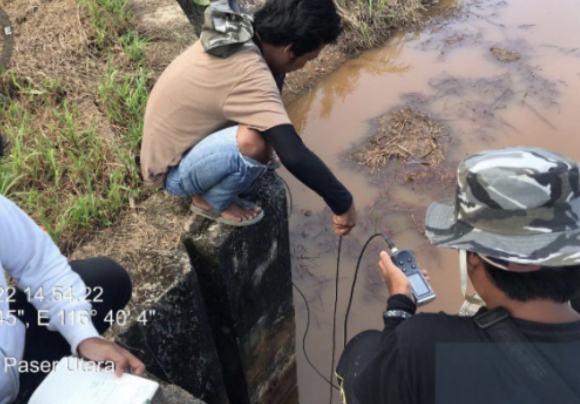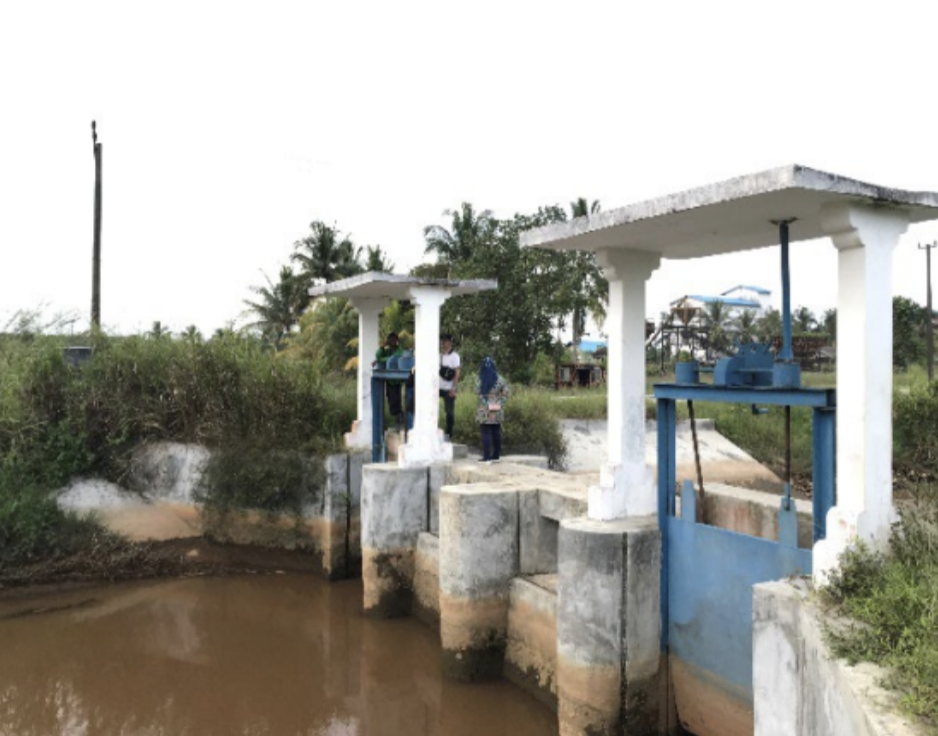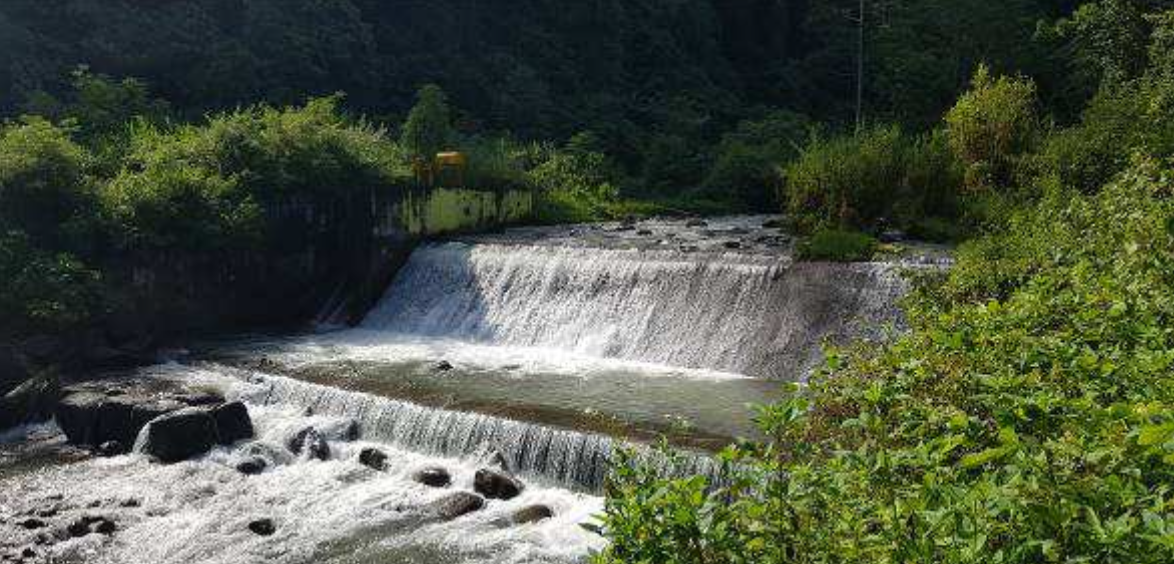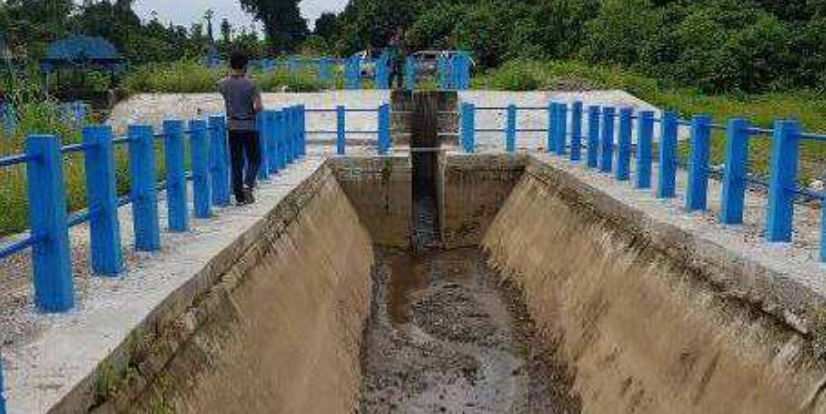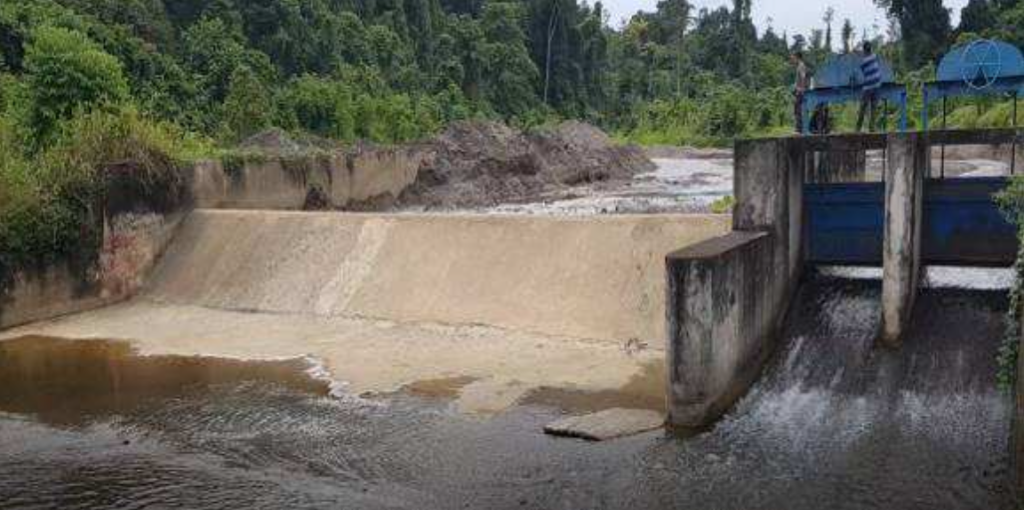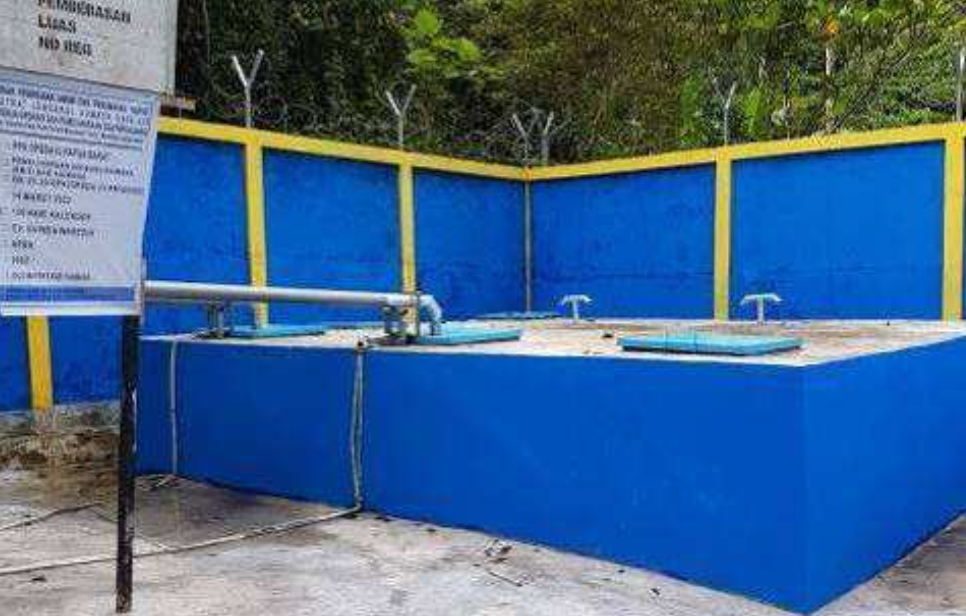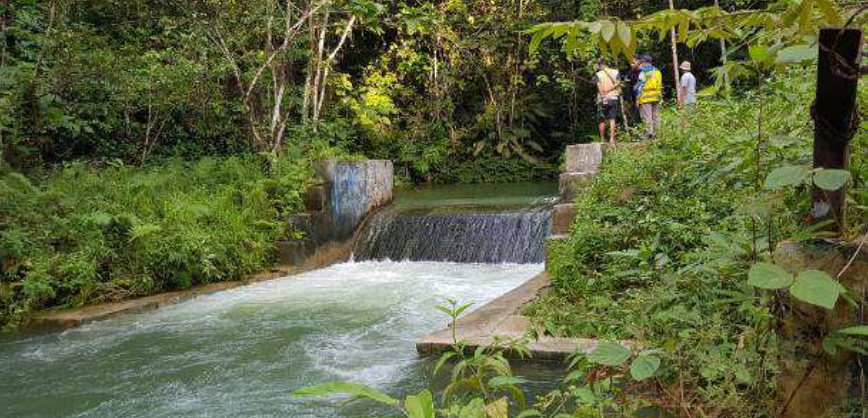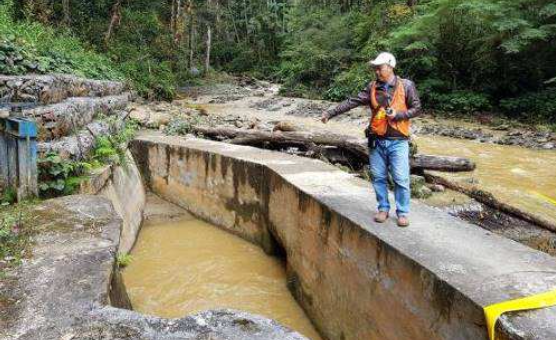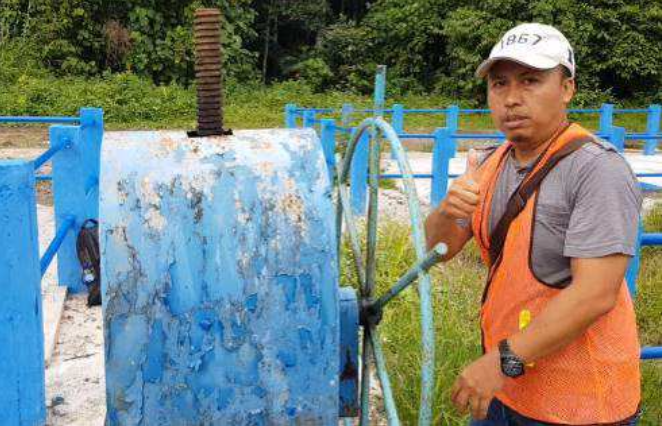The Supervision of the Rehabilitation of the Irrigation Network in Dataran Kotamobagu (Continuation) under IPDMIP ensures optimal water distribution, structural improvements, and sustainable irrigation management in Bolaang Mongondow Timur Regency and Kotamobagu City, North Sulawesi. This project integrates technical supervision, quality control, and design evaluation to enhance the existing semi-technical irrigation system that relies on natural water sources.
Key activities include:
✔ Evaluation and revision of irrigation designs based on field conditions.
✔ Supervision of construction works to ensure compliance with specifications and efficiency in water management.
✔ Implementation of secondary canal rehabilitation, sediment control, and supporting structures.
✔ Ensuring proper operation and maintenance by local water management authorities.
The project covered hydrological analysis, structural reinforcement, and modernization of irrigation canals to support sustainable agricultural development. By upgrading irrigation intake structures, improving drainage efficiency, and optimizing water flow management, this initiative directly contributes to reducing water losses and increasing crop yields in the region.
This project significantly improves agricultural productivity, reduces water distribution inefficiencies, and strengthens climate resilience. With a focus on long-term sustainability and community-based irrigation governance, the initiative ensures that farmers and stakeholders can maintain and optimize water usage effectively.
Status: 100% Completed – Ready for Full Operation

